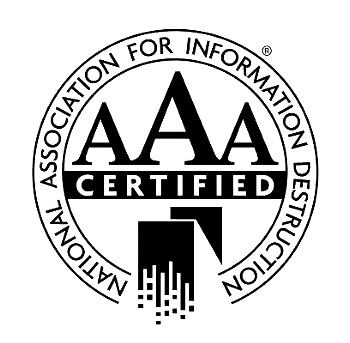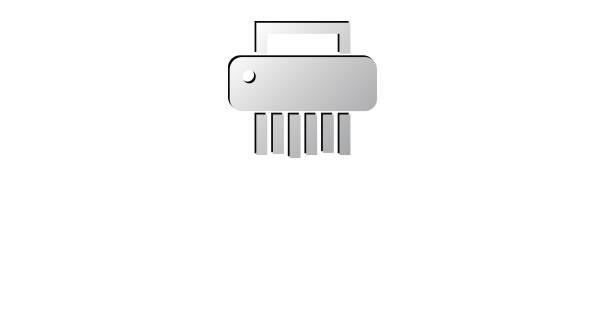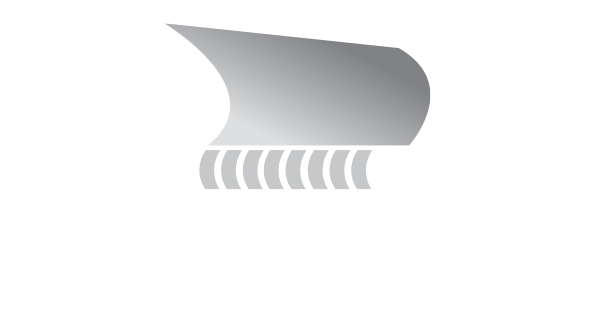Your identity is not safe!
Identity theft is one of the fastest growing crimes in the U.S., claiming more than 10 million victims a year. Protect yourself by securely shredding your documents with SecurShred. We are AAA certified by the National Association for Information Destruction (NAID) for mobile and plant-based operation.
Anything that has a signature, account number, social security number, or medical or legal information (plus credit offers) such as:
- Address labels from junk mail and magazines
- ATM receipts
- Bank statements
- Birth certificate copies
- Canceled and voided checks
- Credit and charge card bills, carbon copies, summaries and receipts
- Credit reports and histories
- Documents containing maiden name (used by credit card companies for security reasons)
- Documents containing names, addresses, phone numbers or e-mail addresses
- Documents relating to investments
- Documents containing passwords or PIN numbers
- Driver's licenses or items with a driver's license number
- Employee pay stubs
- Employment records
- Expired passports and visas
- Un-laminated identification cards (college IDs, state IDs, employee ID badges, military IDs)
- Legal documents
- Investment, stock and property transactions
- Items with a signature (leases, contracts, letters)
- Luggage tags
- Medical and dental records
- Papers with a Social Security number
- Pre-approved credit card applications
- Receipts with checking account numbers
- Report cards
- Resumes or curriculum vitae
- Tax forms
- Transcripts
- Travel itineraries
- Used airline tickets
- Utility bills (telephone, gas, electric, water, cable TV, Internet)
Fair and Accurate Credit Transactions Act
The Federal Trade Commission issued the Fair and Accurate Credit Transactions Act in 2003, a law aimed at minimizing the risk of identity theft and consumer fraud. In November 2004, the FTC added the FACTA Disposal Rule to enforce the protection and disposal of sensitive consumer data.
The rule states that "any person who maintains or otherwise possesses consumer information for a business purpose" must destroy discarded consumer information, whether in paper or electronic form.
Who must comply with this rule? Any individual or businesses (employing one or thousands) that uses consumer information in its everyday operations or stores personal data or businesses, such as banks, lenders, insurers, auto dealers, real estate agents, employers and record management companies. They are required now to safeguard consumer information. The law also applies to service providers that destroy information, from shredders, recyclers, waste management or technology disposal companies.
Experience You Can Trust
and plant based destruction of paper documents and hard drives.

Certified security means a reduced risk of information leaks from your business. The National Association for Information Destruction (NAID) is the only recognized certifying organization for the information destruction industry. NAID regularly and randomly audits our facilities and processes, delivering peace of mind for you that we handle your information securely. SecurShred complies with the NAID Certification Program standards for secure destruction processes including operational security, employee hiring and screening, equipment, policies and procedures, responsible disposal and insurance. SecurShred is insured and bonded in the unlikely event of any security breach. An information destruction industry specific Errors and Omissions policy additionally insures against shredding related activity security breaches.





